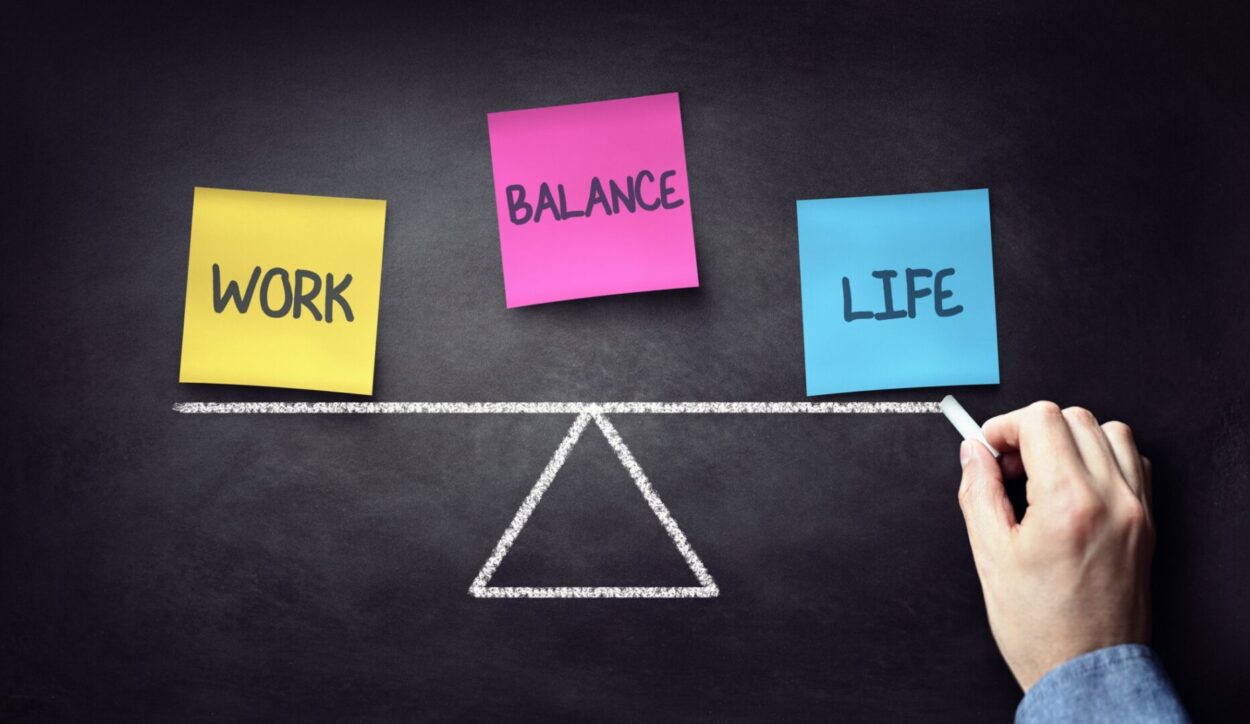Jasmine Birtles
Your money-making expert. Financial journalist, TV and radio personality.


Flexible retirement is an increasingly popular and viable option for people to ease into retirement. For many, retirement is a big step both financially and socially, so taking time to adjust to the changes is a big help. Flexible retirement needs careful thought and time to plan, but ultimately has the potential to create a newly adjusted work/life balance. Enabling you to enjoy your pensions and savings whilst you’re still active enough to do so, but have enough remaining in the pension pot for a comfortable retirement.

Flexible retirement enables you to draw a proportion of your pension and tax-free cash benefits, while you remain working on a reduced salary and fewer hours. This way, you don’t go through the drastic change of retiring overnight but instead ease into it.
The earliest you can draw a pension and work part-time from is age 55, and the current age for when you can withdraw your State Pension is 66. Although there’s no upper limit on when you have to stop working, some pension schemes have limitations on how much you can withdraw without fully retiring. The exact rules vary between different pensions, such as how much and how frequently you can withdraw whilst you’re still working. You’ll need to consult your employer to discuss your plans for flexible retirement and how it can be implemented in the workplace.
As you begin to plan for a flexible retirement, you need to take into consideration how drawing from your pension whilst continuing to work will affect you and your tax. Pensions are taxed as income, so it’s worth bearing in mind whether this will affect how much you pay, and whether it’ll change the tax bracket you’re in.
Like anything, there are pros and cons to flexible retirement. Whether this is suitable is highly-dependent on personal circumstances, lifestyle, and what you hope to do in retirement.
Simply, crystallising your pension is the process of cashing in. You can currently take up to 25% as a tax-free lump sum, then either decide whether you want to buy an annuity or draw an income through drawdown. You can crystallise your pension from the age of 55, but the age you start taking benefits impacts the rest of your retirement.
Buying a lifetime annuity is a way to convert all your pension savings into a retirement income that you’ll receive for the rest of your life. This is a very inflexible option. Once you’ve committed to buy annuity you can’t later change your mind. A fixed-term annuity does something similar, for a set time (so you can shop for other options later). However, a fixed-term annuity may not offer value for money AND you could be left without enough in your pension to choose another annuity or similar options when the fixed-term period is up.
Drawdown is a more flexible option. It allows you greater control of how and when you take your benefits. With drawdown, your funds remain open with the potential for investments to continue to grow and increase your savings. You can also continue to pay in to your pension pot after drawdown; however, your allowance of how much you can contribute into your fund during one tax year will decrease from £40,000 to £10,000.
Bear in mind that HMRC could take an interest if you are seen to be making payments into your pension pot soon after a withdrawal. This can be seen as a form of tax avoidance and can incur heavy surcharges of up to 40%.
Remember, if you’re nearing retirement you can always seek free pensions advice from Pension Wise. When you choose to crystallise your pension can also affect some things like spousal beneficiary payments or inheritance when you die, so always speak to a qualified advisor before making any decisions.

There are plenty of options of what you can do and how you can spend your flexible retirement. Setting up your own business provides something to focus time and energy on, and you have years of industry experience to back up your skills. We have a whole article on Why Over-50s Are the Best at Setting Up a Business that’s well worth a read!
Setting up a business doesn’t have to be daunting. It can be a fun project – especially if you have a creative hobby like painting or photography. Flexible retirement provides a great opportunity for you to make money from your hobbies by selling the products!
Why not also think about becoming a consultant in your profession? Or tutoring? This way you can pass on your knowledge and skills but can be very flexible with how much and how often you work.
Of course, the advantages of flexible retirement also include spending more time doing the things you love. Spend time with your grandchildren and family, go on holiday, or just enjoy a slower pace of life!
For more money-making ideas and how you can fund a flexible retirement check out some of the articles below:

Very good advice given here.
Pensions can be rather confusing. All information is gratefully received.